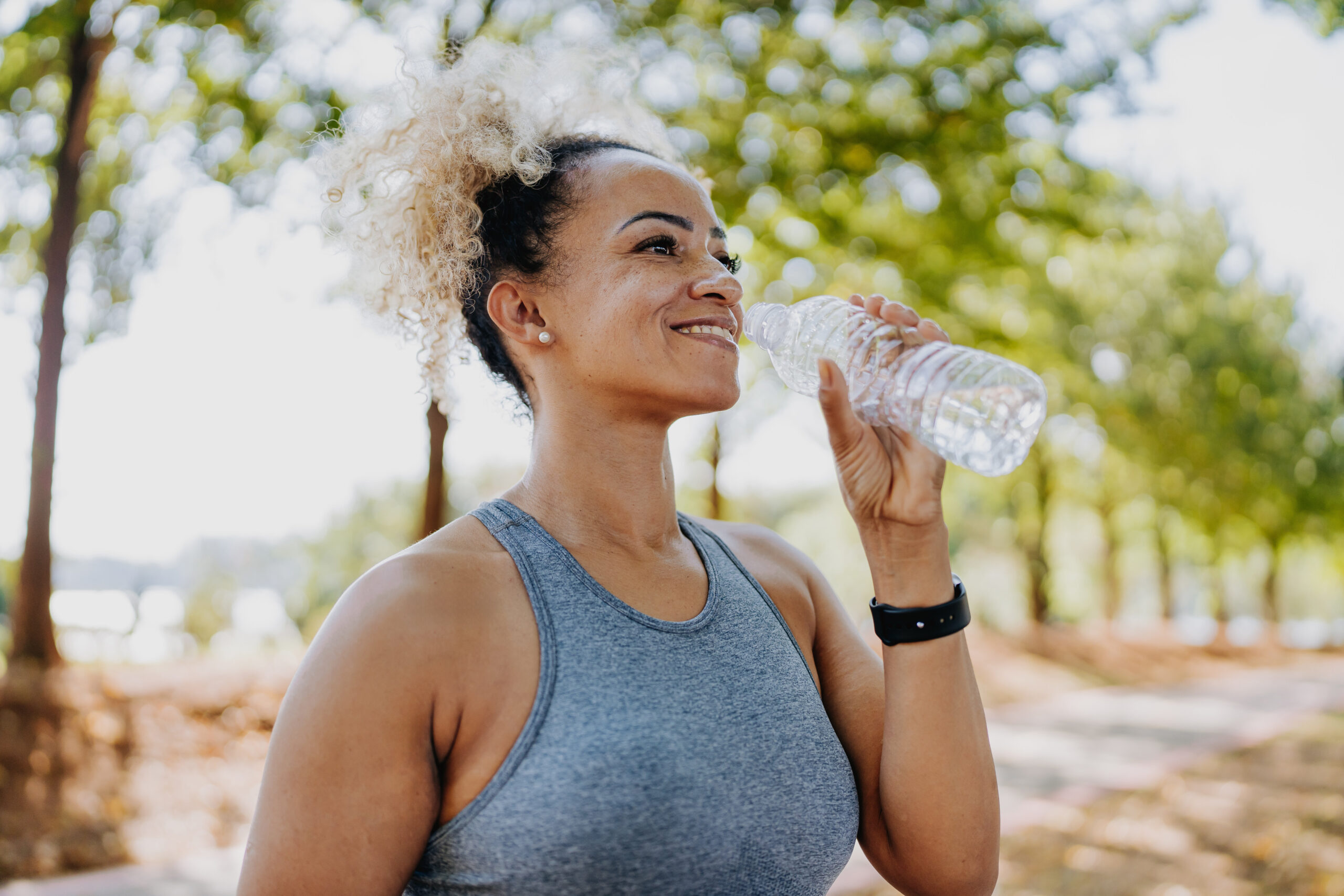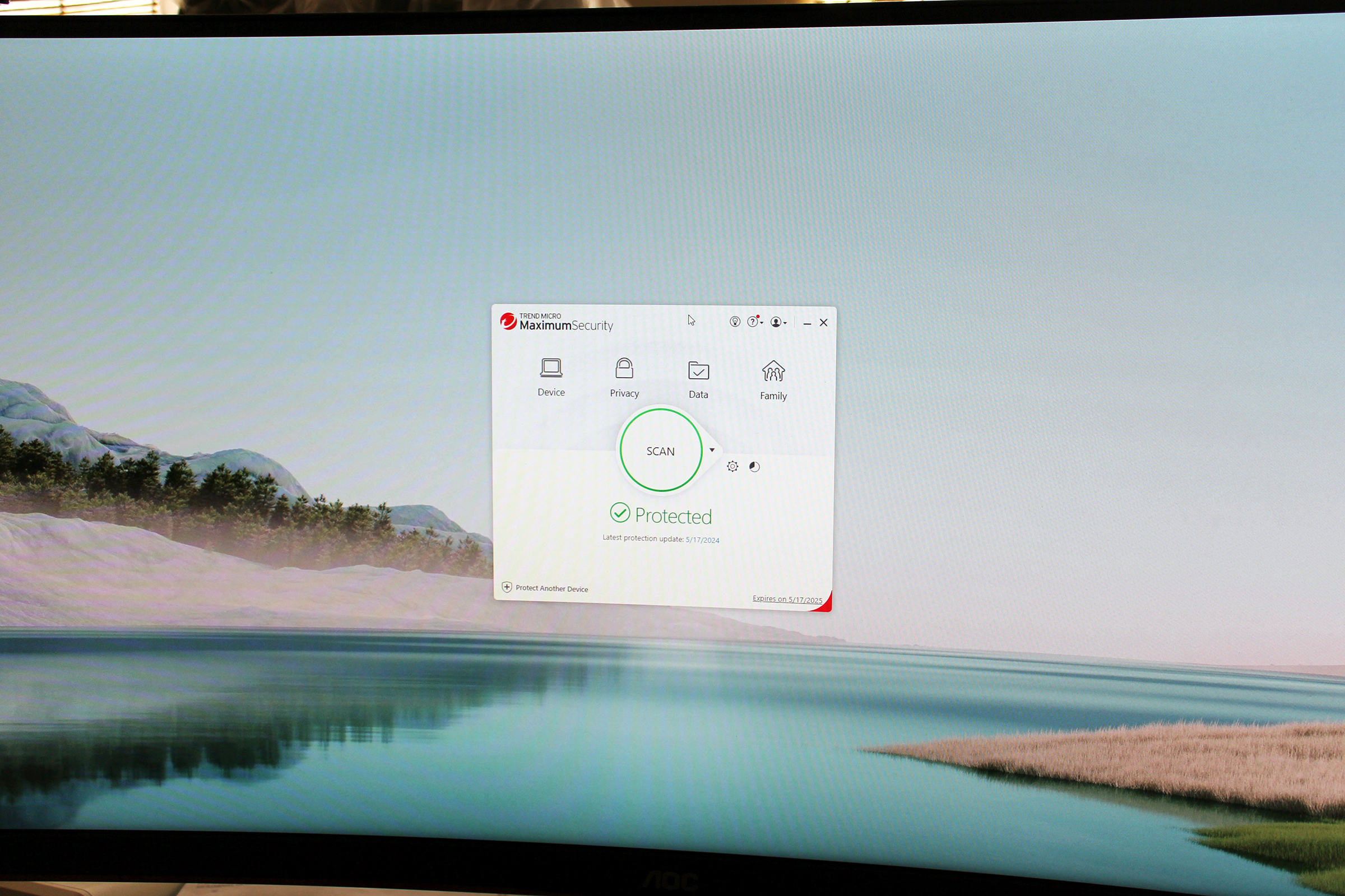It’s not news to anybody that we all should exercise at least a few times a week. The NHS recommends fitting in at least 150 minutes of moderate intensity activity a week or 75 minutes of vigorous intensity activity a week for adults.The NHS said: “People who exercise regularly have a lower risk of developing many long-term (chronic) conditions, such as heart disease, type 2 diabetes, stroke, and some cancers.“Research shows that physical activity can also boost self-esteem, mood, sleep quality and energy, as well as reducing your risk of stress, clinical depression, dementia and Alzheimer’s disease.”Ultimately, any movement is good and no exercise is a one-size-fits-all solution so whatever works for you and your body is what you should do, whether that’s yoga or running.However, there is an ideal time to exercise for just about everybody.What is the best time to exercise?Well, according to a study, your body’s ability to perform peaks in the afternoon.This is because your body temperature increases throughout the day, optimising your muscle function and strength, enzyme activity, and endurance for performance.Additionally, according to Healthline: “In the afternoon and evening, your reaction time is at its quickest, which is important for exercises like high-intensity interval training (HIIT), or speed work on the treadmill.“The late afternoon is also the time when your heart rate and blood pressure are lowest, which decreases your chance of injury while improving performance.”So, ideally, the best time to exercise is later in the afternoon or early in the evening if you hope to get the full benefits from your workout. How to get started with exercising regularlyIf you are nervous about getting back into the habit of exercising or have physical limitations, Bupa offers the following advice:If you struggle with finding time – try to make exercise a part of your normal routine. If you work, can you fit exercise in first thing in the morning, at lunchtime, or later in the evening? Think about how you could move more throughout the day, rather than finding time for a long workoutIf you feel like you’re too tired to exercise – think about the time of day when you’re likely to have the most energy. Plan ahead, so you’ve eaten well (but not too recently) and are well rested and hydratedIf you find exercise boring – think about what you can do to make it more enjoyable. You might find it helps to ‘couple’ your exercise with something you want to do – such as listening to music or a podcast while walking or runningPerhaps you feel self-conscious about exercising or don’t think you’re “good enough” – It’s all about starting small. You’ll gradually build up your confidence as well as what you’re able to do – and the sense of achievement when you do will make it all worthwhile!Not having the right equipment or facilities might put you off – but you don’t need to spend a lot of money to keep fit. For walking or running, for instance, you’ll just need a decent pair of walking shoes or trainers and clothing to keep you warm and dryHaving a long-term health condition needn’t mean that you can’t exercise. In fact, it’s often beneficial for your health. You might just need to take it slower, or adapt what you doIf you’re unsure about which exercises would work for you, speak to your GP or local gym.Related…Exercises You Can Do For The Joy Of Movement If Fixed Fitness Programmes Are Not Your VibeDon’t Want To Pause Your Game? These Exercises Can Be Done While GamingFeel Like Time Moves Much Slower When You Exercise? This Is Why Life, Health, fitness, exercise, health HuffPost UK – Athena2 – All Entries (Public)
It’s not news to anybody that we all should exercise at least a few times a week. The NHS recommends fitting in at least 150 minutes of moderate intensity activity a week or 75 minutes of vigorous intensity activity a week for adults.
The NHS said: “People who exercise regularly have a lower risk of developing many long-term (chronic) conditions, such as heart disease, type 2 diabetes, stroke, and some cancers.
“Research shows that physical activity can also boost self-esteem, mood, sleep quality and energy, as well as reducing your risk of stress, clinical depression, dementia and Alzheimer’s disease.”
Ultimately, any movement is good and no exercise is a one-size-fits-all solution so whatever works for you and your body is what you should do, whether that’s yoga or running.
However, there is an ideal time to exercise for just about everybody.
What is the best time to exercise?
Well, according to a study, your body’s ability to perform peaks in the afternoon.
This is because your body temperature increases throughout the day, optimising your muscle function and strength, enzyme activity, and endurance for performance.
Additionally, according to Healthline: “In the afternoon and evening, your reaction time is at its quickest, which is important for exercises like high-intensity interval training (HIIT), or speed work on the treadmill.
“The late afternoon is also the time when your heart rate and blood pressure are lowest, which decreases your chance of injury while improving performance.”
So, ideally, the best time to exercise is later in the afternoon or early in the evening if you hope to get the full benefits from your workout.
How to get started with exercising regularly
If you are nervous about getting back into the habit of exercising or have physical limitations, Bupa offers the following advice:
If you struggle with finding time – try to make exercise a part of your normal routine. If you work, can you fit exercise in first thing in the morning, at lunchtime, or later in the evening? Think about how you could move more throughout the day, rather than finding time for a long workoutIf you feel like you’re too tired to exercise – think about the time of day when you’re likely to have the most energy. Plan ahead, so you’ve eaten well (but not too recently) and are well rested and hydratedIf you find exercise boring – think about what you can do to make it more enjoyable. You might find it helps to ‘couple’ your exercise with something you want to do – such as listening to music or a podcast while walking or runningPerhaps you feel self-conscious about exercising or don’t think you’re “good enough” – It’s all about starting small. You’ll gradually build up your confidence as well as what you’re able to do – and the sense of achievement when you do will make it all worthwhile!Not having the right equipment or facilities might put you off – but you don’t need to spend a lot of money to keep fit. For walking or running, for instance, you’ll just need a decent pair of walking shoes or trainers and clothing to keep you warm and dryHaving a long-term health condition needn’t mean that you can’t exercise. In fact, it’s often beneficial for your health. You might just need to take it slower, or adapt what you do
If you’re unsure about which exercises would work for you, speak to your GP or local gym.


